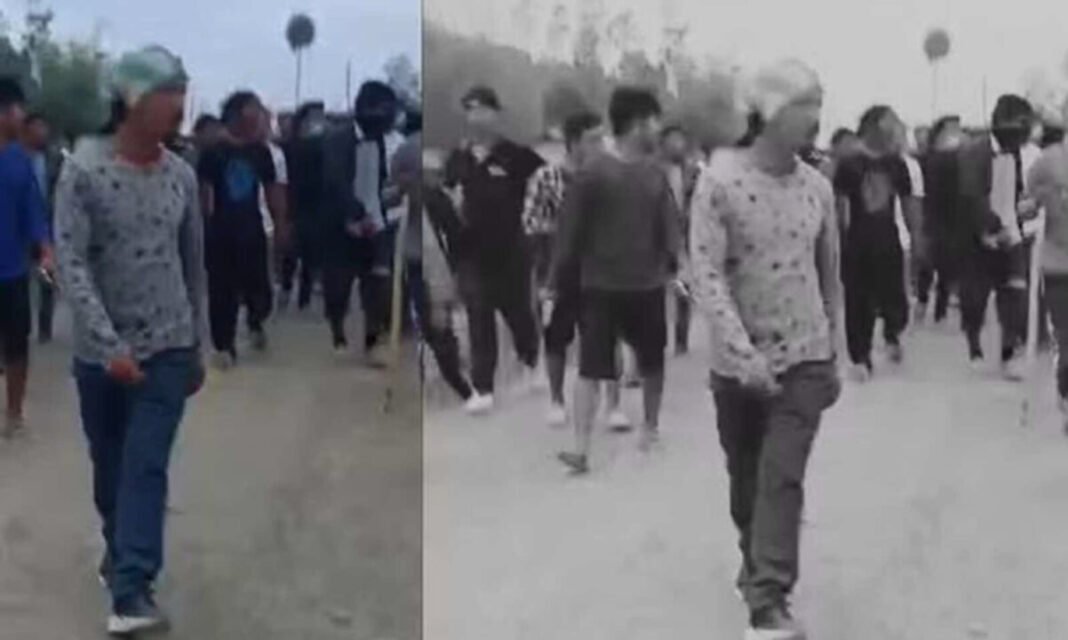By: Dipak Kurmi
The recent video depicting an unimaginable act of brutality in Manipur has jolted the nation into outrage and condemnation. The incident, which occurred on May 4, revealed the deeply rooted problem of mistrust and division among the Meitei, Kuki, and Naga communities in the region. While the video has rightfully sparked anger and demands for justice, it is crucial to recognize that it is merely a symptom of a larger issue that has been festering for far too long. It is time for a holistic approach that goes beyond condemnation and focuses on addressing the root causes of the Manipur conflict.
The conflict in Manipur is not new, and it has claimed hundreds of lives over the years. The recent video is just one of many horrific incidents that have taken place in the region. The breakdown of trust between the Meiteis and Kukis, coupled with the demand for Scheduled Tribe status by the Meitei community, has severely damaged the social fabric of the state. The administration’s handling of these demands has been perceived as biased, further fueling tensions.
The Indian Army has been striving to restore peace in Manipur, but stray incidents and deaths continue to occur. It is evident that a military approach alone cannot resolve the complex issues at play. The situation calls for a comprehensive effort that involves all stakeholders and encourages open dialogue to understand the magnitude of the problem and seek true reconciliation.
Adding to the complexities, there are suspicions that external forces, such as China, may be taking an undue interest in the region, potentially exacerbating the situation. This external interference only compounds the challenge of achieving lasting peace and stability in Manipur.
To address the Manipur conflict effectively, it is imperative to bring all parties together on a common platform for open dialogue. Parliament should facilitate open discussions, allowing the people’s representatives to express their perspectives and contribute to finding solutions. The focus should not solely be on immediate benefits but on fostering an environment of trust and confidence through dialogue and reconciliation.
In the aftermath of such a tragic ethnic conflict, it is prudent to delay implementing controversial measures, such as changes in reservation status, until peace is restored and the rule of law is firmly reestablished. Rushing such decisions can exacerbate existing tensions and hinder the process of healing and reconciliation.
The shocking video from Manipur has acted as a catalyst, bringing national attention to the long-standing issues that have plagued the region. It is essential to recognize that the video is just a glimpse of the deep-rooted problem that requires immediate attention and concerted efforts from all stakeholders. While condemnation is crucial, it should not be the sole response. True progress will only be achieved through open dialogue, reconciliation, and a commitment to address the root causes of the conflict. As a nation, it is our responsibility to stand united and work towards healing the wounds of Manipur and fostering lasting peace and harmony in the region. (The writer is a journalist and commentator based in Guwahati, can be reachedatdipaknewslive@gmail.com)







